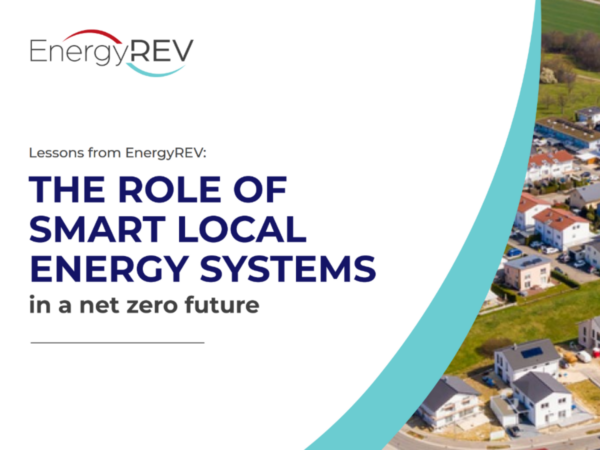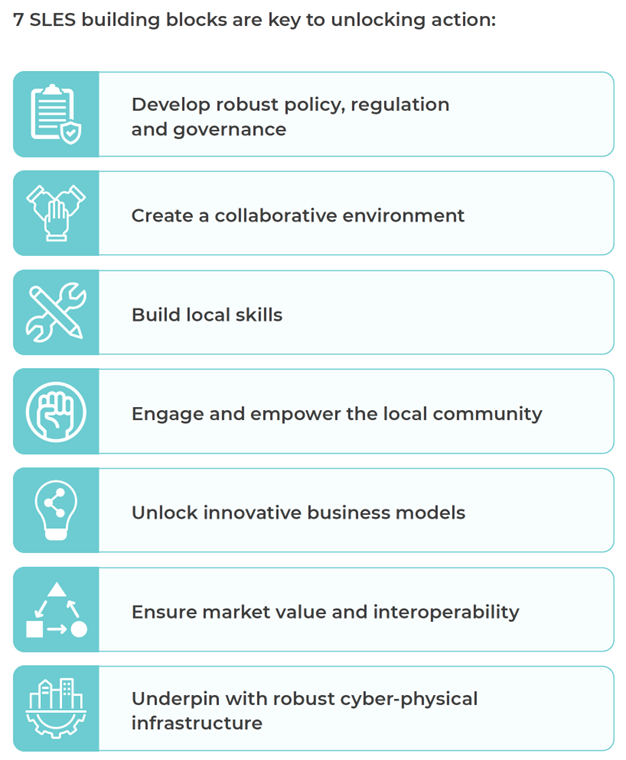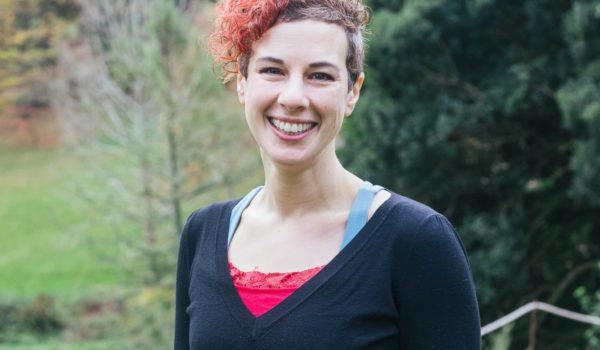Commissioned by the University of Strathclyde, Regen has been synthesising insights from across the EnergyREV programme of research, to share evidence-based recommendations for growing smart local energy systems across the UK.
Project duration: March 2023 – March 2024
Project lead: Rebecca Ford, Head of Demand and Flexibility







